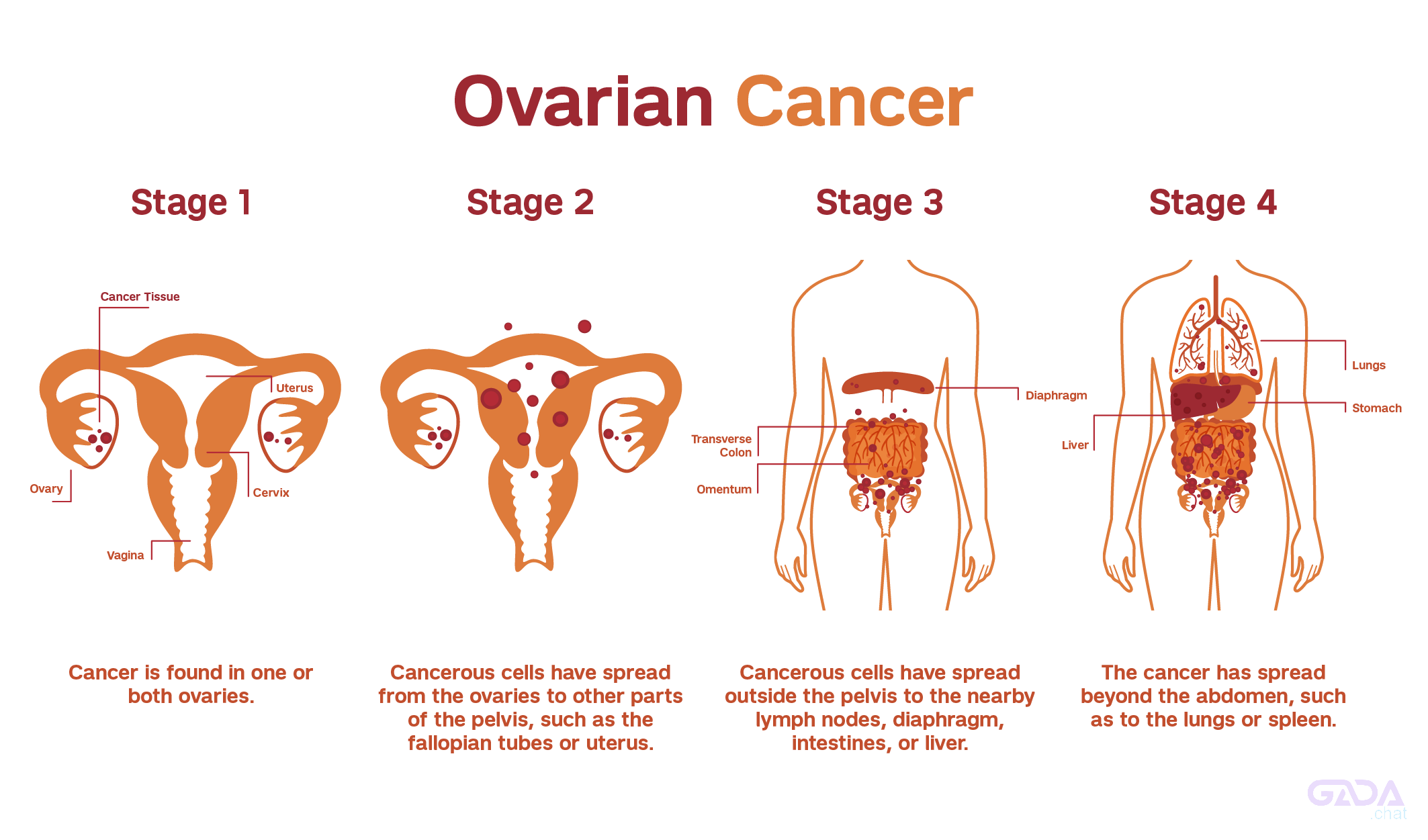13 MISTAKES PREGNANT WOMEN MAKE.
1. She will not start antenatal early. This can be dangerous especially if only a home pregnancy test was done. What if it's realized that is an ectopic gestation or something else. Other conditions will also be identified and treated promptly to prevent further complications
2. She will refuse to take her medications. Some women on medication specific to their conditions will not take it. This can aggravate their symptoms etc... Preeclampsia, diabetes, sickle cell etc
3. She won't go for review. Review is very important. Medical staff can identify what you cannot see as an expectant mum. Laboratory investigations can also help.
4. She will not report early when there is a complication. Early diagnosis and treatment is key, in the treatment of any condition. If you feel unwell the best is to report early.
5. She Wil give birth with birth at home without any skilled or trained birth attendant
6. She is not able to recognize the danger signs of pregnancy, example.. Severe headache, palpitations etc
7. Some refuse to adhere to simple instructions that is life saving due to mental health reasons or religious reasons
8. She will refusing medical procedures like cesarean section, blood transfusion etc
9.When she is referred to another hospital, will refuse to go due to fear. Worsening her conditions in general
10. Poor self care practices. Not eating well, poor personal hygiene etc. This makes her anemic and prone to infection
11. She takes information from people who are not health professionals. "Home doctors". This is dangerous
12. After birth she will not wait a little before getting pregnant again.
Especially few weeks after a cesarian section. This increases your risk for ruptured uterus if you are not properly monitored
13.She will not save or plan for birth.
There are instances when one needs money for emergency procedures, but due to financial constraints there is delay and it can cost her life
Women stop playing with your life
1. She will not start antenatal early. This can be dangerous especially if only a home pregnancy test was done. What if it's realized that is an ectopic gestation or something else. Other conditions will also be identified and treated promptly to prevent further complications
2. She will refuse to take her medications. Some women on medication specific to their conditions will not take it. This can aggravate their symptoms etc... Preeclampsia, diabetes, sickle cell etc
3. She won't go for review. Review is very important. Medical staff can identify what you cannot see as an expectant mum. Laboratory investigations can also help.
4. She will not report early when there is a complication. Early diagnosis and treatment is key, in the treatment of any condition. If you feel unwell the best is to report early.
5. She Wil give birth with birth at home without any skilled or trained birth attendant
6. She is not able to recognize the danger signs of pregnancy, example.. Severe headache, palpitations etc
7. Some refuse to adhere to simple instructions that is life saving due to mental health reasons or religious reasons
8. She will refusing medical procedures like cesarean section, blood transfusion etc
9.When she is referred to another hospital, will refuse to go due to fear. Worsening her conditions in general
10. Poor self care practices. Not eating well, poor personal hygiene etc. This makes her anemic and prone to infection
11. She takes information from people who are not health professionals. "Home doctors". This is dangerous
12. After birth she will not wait a little before getting pregnant again.
Especially few weeks after a cesarian section. This increases your risk for ruptured uterus if you are not properly monitored
13.She will not save or plan for birth.
There are instances when one needs money for emergency procedures, but due to financial constraints there is delay and it can cost her life
Women stop playing with your life
13 MISTAKES PREGNANT WOMEN MAKE.
1. She will not start antenatal early. This can be dangerous especially if only a home pregnancy test was done. What if it's realized that is an ectopic gestation or something else. Other conditions will also be identified and treated promptly to prevent further complications
2. She will refuse to take her medications. Some women on medication specific to their conditions will not take it. This can aggravate their symptoms etc... Preeclampsia, diabetes, sickle cell etc
3. She won't go for review. Review is very important. Medical staff can identify what you cannot see as an expectant mum. Laboratory investigations can also help.
4. She will not report early when there is a complication. Early diagnosis and treatment is key, in the treatment of any condition. If you feel unwell the best is to report early.
5. She Wil give birth with birth at home without any skilled or trained birth attendant
6. She is not able to recognize the danger signs of pregnancy, example.. Severe headache, palpitations etc
7. Some refuse to adhere to simple instructions that is life saving due to mental health reasons or religious reasons
8. She will refusing medical procedures like cesarean section, blood transfusion etc
9.When she is referred to another hospital, will refuse to go due to fear. Worsening her conditions in general
10. Poor self care practices. Not eating well, poor personal hygiene etc. This makes her anemic and prone to infection
11. She takes information from people who are not health professionals. "Home doctors". This is dangerous
12. After birth she will not wait a little before getting pregnant again.
Especially few weeks after a cesarian section. This increases your risk for ruptured uterus if you are not properly monitored
13.She will not save or plan for birth.
There are instances when one needs money for emergency procedures, but due to financial constraints there is delay and it can cost her life
Women stop playing with your life







